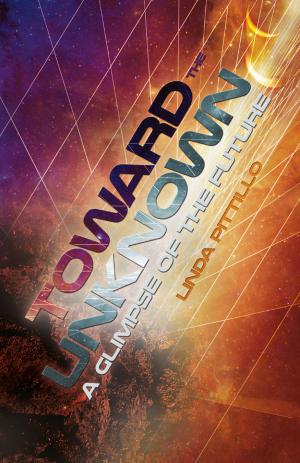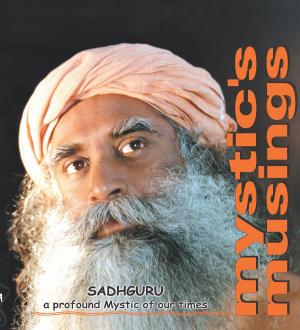Raiders of a Lost Art
Reinventing the Art of Business Process Excellence
Business & Finance, Management & Leadership, Management Science| Author: | Dr. Milton Mattox | ISBN: | 9781620955802 |
| Publisher: | BookBaby | Publication: | February 28, 2012 |
| Imprint: | Language: | English |
| Author: | Dr. Milton Mattox |
| ISBN: | 9781620955802 |
| Publisher: | BookBaby |
| Publication: | February 28, 2012 |
| Imprint: | |
| Language: | English |
Why do some companies and their leaders avoid implementing more efficient processes? Is it due to the illusion of saving time and money? These questions and many more are answered in this thought-provoking book by Dr. Milton Mattox. Creating process structure in organizations is a bit of a "lost art." Many leaders believe that there just isn't enough time to spend on creating repeatable, measurable, flexible, and simple processes; neither do they believe that to do so is a good return on investment. Typically, today’s business focus is to get products and services to market as quickly as possible. Dr. Mattox shows that process improvement can and should be much simpler. With the goal of simplifying process implementation and improvement, the author has developed a process workflow, RAID: Receive, Analyze, Implement, and Deliver. During the dot-com boom of the 1990s, the art of process improvement was lost. RAID is an attempt to help organizations find the lost art of process rigor. The book is thus entitled RAIDers of a Lost Art. Fortunately, the author shows that searching for the lost art of process rigor is certainly not as challenging as searching for the lost Ark of the Covenant.
Why do some companies and their leaders avoid implementing more efficient processes? Is it due to the illusion of saving time and money? These questions and many more are answered in this thought-provoking book by Dr. Milton Mattox. Creating process structure in organizations is a bit of a "lost art." Many leaders believe that there just isn't enough time to spend on creating repeatable, measurable, flexible, and simple processes; neither do they believe that to do so is a good return on investment. Typically, today’s business focus is to get products and services to market as quickly as possible. Dr. Mattox shows that process improvement can and should be much simpler. With the goal of simplifying process implementation and improvement, the author has developed a process workflow, RAID: Receive, Analyze, Implement, and Deliver. During the dot-com boom of the 1990s, the art of process improvement was lost. RAID is an attempt to help organizations find the lost art of process rigor. The book is thus entitled RAIDers of a Lost Art. Fortunately, the author shows that searching for the lost art of process rigor is certainly not as challenging as searching for the lost Ark of the Covenant.















